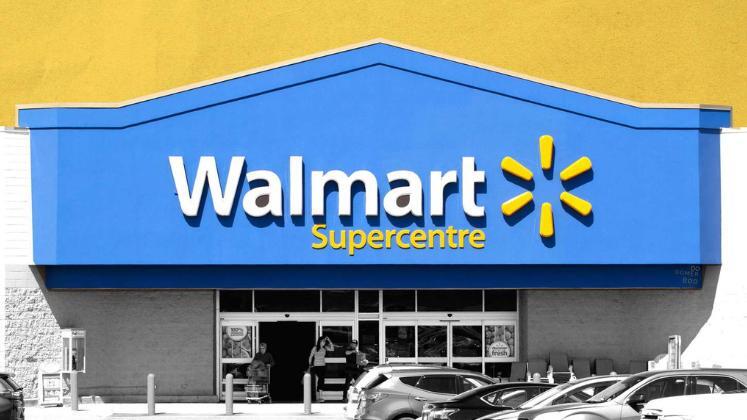Already a subscriber? Make sure to log into your account before viewing this content. You can access your account by hitting the “login” button on the top right corner. Still unable to see the content after signing in? Make sure your card on file is up-to-date.
Walmart has confirmed it’s scaling back its diversity, equity, and inclusion (DEI) initiatives in response to changing public sentiment and legal considerations.
Let’s bring you up to speed: DEI is labeled as a “framework” aimed at creating a workplace or organizational culture that embraces a wide range of “perspectives, promotes fair treatment, and ensures opportunities are accessible to everyone, particularly marginalized groups.” Supporters of DEI argue that it enhances innovation, improves organizational performance, and addresses systemic inequities, creating a more inclusive environment for employees, customers, and stakeholders. Critics of DEI often argue that it leads to “tokenism,” preferential treatment, or divisive identity politics, arguing that such initiatives may unintentionally exclude or disadvantage individuals who do not fall into designated minority categories. Some opponents believe DEI programs overemphasize group identities instead of individual merit, viewing these efforts as politically charged rather than beneficial for all.

What’s going on now: In an announcement, Conservative activist Robby Starbuck said Walmart detailed key changes to its policies and initiatives, signaling a shift away from its previous DEI framework. The company is discontinuing the use of DEI-related terminology in official documents and employee titles, such as replacing the “chief diversity officer” title with “chief belonging officer.” Walmart will wind down its Racial Equity Center, a nonprofit initiative launched in 2020 with a $100 million pledge to combat systemic racism. Supplier diversity programs, which previously offered preferential opportunities to women- and minority-owned businesses, are being reevaluated to ensure equitable treatment without prioritization based on diversity metrics.
Additionally, Walmart will remove certain LGBTQ-themed merchandise, including items marketed to transgender youth, and cease data sharing with advocacy groups like the Human Rights Campaign. These changes also include halting participation in programs that rate corporate policies on LGBTQ+ inclusivity, such as the Corporate Equality Index. Walmart emphasized that these actions align with its broader strategy to foster belonging and support small businesses while reflecting shifts in public sentiment and legal frameworks.
Walmart reacts: In a statement, Walmart said, “We’ve been on a journey and know we aren’t perfect, but every decision comes from a place of wanting to foster a sense of belonging, to open doors to opportunities for all our associates, customers and suppliers and to be a Walmart for everyone.”
This all comes as other major companies have scaled back their DEI initiatives in response to growing public scrutiny and economic pressures. Tractor Supply recently eliminated its DEI roles and stopped sponsoring Pride festivals, while companies like Lowe’s and Ford have also reduced their programs.






